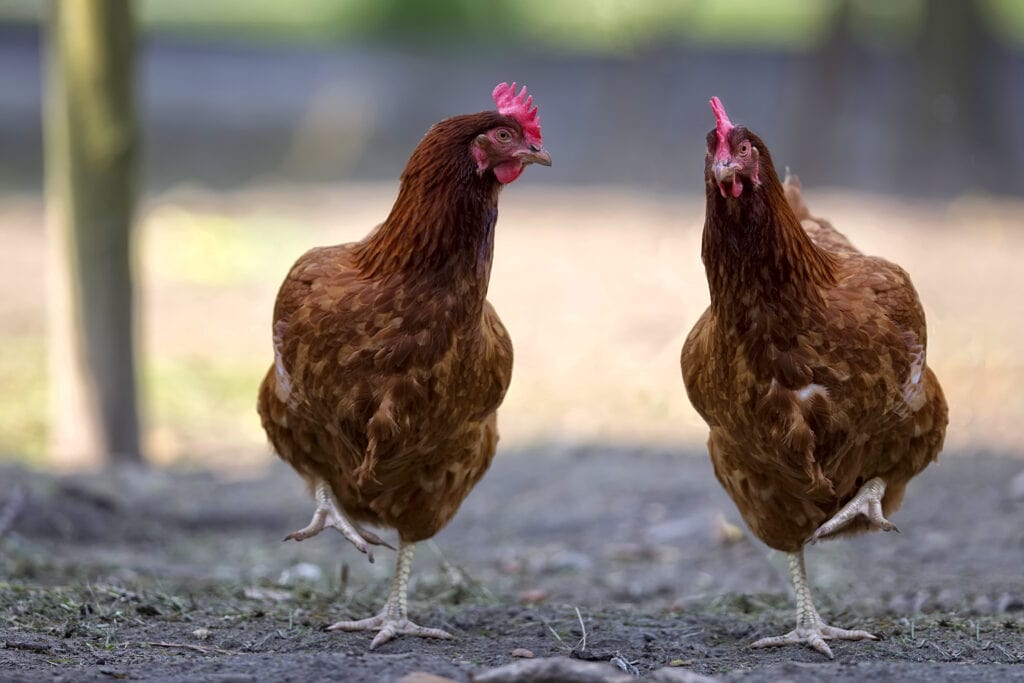“There are a range of options the United States regularly considers when there is any outbreak that could affect the security and safety of the United States’ food supply. Right now, we are focused on promoting and enhancing high-impact biosafety practices and procedures.”
This was the statement made by a White House National Security Council spokesperson, according to The Hill. As the United States contends with the deadliest bird flu outbreak in history, which has, to date, killed as many as 58 million domestic birds and many more wild birds, new solutions are being explored.
Related Article: Why the Bird Flu Outbreak’s Current Behavior is Raising Serious Concerns
Previously, it was thought that the vaccination of chickens against the H5N1 bird flu was contributing to the transmission of this highly contagious disease. Now, as bird flu fears mount, it is once again being considered as an option to slow the spread by both the White House and the UK government, the latter of which had previously outlawed this practice. While neither government body looks to be at the point where previous policies might be overturned or new vaccination strategies mobilized, recent mammal infections have put a great deal of pressure on the issue.
We previously reported that as many as 600 sea lions had succumbed to H5N1 in Peru. Since that article was published, the death toll for Peruvian sea lions has ballooned into the thousands. In Galicia, Spain a mink farm also reported that the bird flu had been detected in minks, a troubling warning sign that the disease may be growing increasingly zoonotic. Bird flu is highly fatal in humans, with mortality rates as high as 56%. Fortunately, human infections are exceedingly rare and are almost always the result of close contact with infected birds. Recent mammal infections are a stark reminder that bird flu is unpredictable and its low human transmissibility should not be taken for granted.
As such, the United States Department of Agriculture has begun testing poultry vaccines, but such a solution is expected to be a long ways off. In addition, the vaccination of the hundreds of millions of chickens in the United States would constitute a massive undertaking which might further affect increasingly unsustainable egg and poultry prices.
As governments around the world scramble to develop a meaningful solution to the evolving threat of bird flu, civilians are reminded to avoid contact with wild animals, especially those that are dead or appear unwell. Keepers of backyard chickens are urged to update their sanitation practices to reduce exposure to harmful pathogens. Be sure to read your local CDC or equivalent government agency guidelines to be sure that you are in compliance with the latest safety practices.
Popular Article: Last Surviving Siberian Crane Leaves Iran for Breeding Grounds in Siberia

